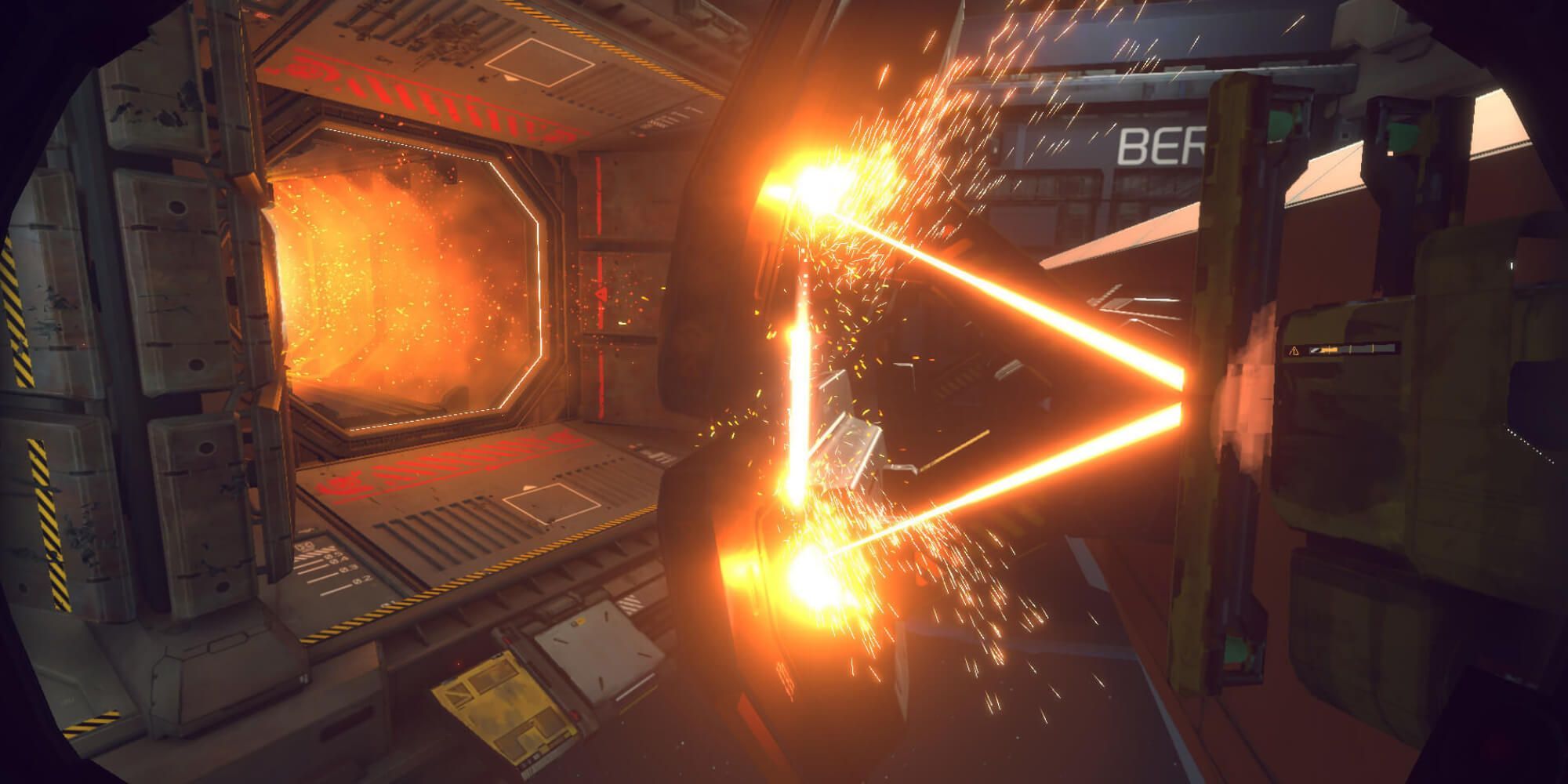When I look around at the overall landscape of gaming today, I tend to get a little pessimistic. This year, like many before it, was filled with non-stop remakes and remasters, soulless triple-A tentpole games carefully constructed to appeal to the widest audience possible, and big-budget technical disasters that never should have passed console certification in the first place. Between the The Last of Us remake nobody needed; the underwhelming pseudo-remake of Dead Space in The Callisto Protocol; inch-deep-and-mile-wide franchise titles like Horizon Forbidden West, Saints Row, and Gotham Knights; and the dystopian nightmare that is free-to-play Overwatch 2, it’s easy to feel like the entire industry is getting crushed under its own, massive, capitalistic weight. Call me Ongo Gablogian cause this shit is derivative.
But if you look past the hype trailers, marketing pushes, and toxic fan polls, you’ll see there’s a lot of real innovation happening too. The games I played the most this year, the ones that made the biggest impact on me, reveal that the medium is still evolving, still expanding. This isn’t going to be an award ceremony for the most innovative games – I don’t have the ad budget to support it – but I want to point out some of the progressive, forward-thinking games we’ve seen this year, in case you’re feeling despondent about the State of Things.
We can’t talk about boundary-pushing games unless we start with Immortality, a surreal FMV experience from director Sam Barlow that defies every expectation you have for what a game is. You’ll be hearing about Immortality a lot throughout award season, and for good reason. Like Barlow’s previous games, Her Story and Telling Lies, Immortality is a database of footage, randomly arranged, that you’re free to explore to your heart’s context. There is no path, no direction, and no goal to pursue. And yet, it's entirely captivating from the first moment to the last. Barlow’s games have always been elusive, but Immortality is intellectually challenging in a way games don’t yet aspire to be. In many ways it feels like the start of the next phase of interactive storytelling that the metaverse-obsessed are always talking about but can never define. Immortality is the closest gaming has ever gotten to something truly disruptive, and its existence bodes well for the future of the medium.
I feel similarly about Hardspace: Shipbreaker, a job simulator about salvaging derelict spaceships as an employee of an exploitative mega-corp. Despite representing an imaginary futuristic job, Hardspace is an exploration of our modern relationship to labor, how the quality of our work defines us, and the power structures that create and maintain class divisions in our society. These big ideas are on the mind of billions of people throughout the developed world, even within the game industry, and Hardspace takes on a lot of responsibility in its attempt to critically represent work as a function of life. Games, even those with serious themes, are often expected to be pure escapism. Hardspace is profound in its ability to explore a difficult social issue through the artifice of a rewarding and satisfying game loop. Through our own engagement with Hardspace we experience both the reward and the exploitation of labor working together. I don’t know if playing a video game can be considered praxis, but this is probably the closest you can get.
In terms of graphics and processing power, we've reached an unmistakable point of diminishing returns. Games today don't look all that much better than they did ten years ago, and advancements in size and scale are a lot more incremental than they used to be too. While technology feels stagnant, game design continues to evolve rapidly. Two of my favorite games this year, Marvel Snap and Midnight Suns, shatter expectations of genre conventions that were established decades ago. Marvel Snap throws out almost every trope and expected mechanic of a collectible card game, and in doing so has attracted a large audience of players who have never played TCGs before. Without packs, turn orders, mulligans, and so many other things we take for granted as core components of card games, Marvel Snap set itself apart from the entire genre and lays a foundation for other card games to build upon.
Much of the same could be said about Midnight Suns, which forgoes almost everything you expect from a turn-based tactics game, creating a new type of action strategy that fits its story and characters perfectly. Both Midnight Suns and Marvel Snap are more than new takes on old genres – they're evolutions that will have an impact on how games are made going forward. It’s even more impressive that both are able to do this while adapting major IP characters, which usually encourages a risk-averse approach.
Not every game that helped move the industry forward was transformative, and it's important to acknowledge the games that stumbled while taking steps forward. It's easy to feel like Pokemon and Sonic are finally approaching open-world design a decade too late – and haphazardly at that – but these are monolithic franchises that deserve some amount of recognition for breaking out of their molds.
It can be hard to see progress among all the sequels, remakes, overhyped disappointments, and uninspiring releases, but the game industry isn’t as stagnant as it seems. It may be harder than it used to be to find the games that are moving us forward, but it’s clear that we haven’t even begun to find the extent of what games can be.
Source: Read Full Article
